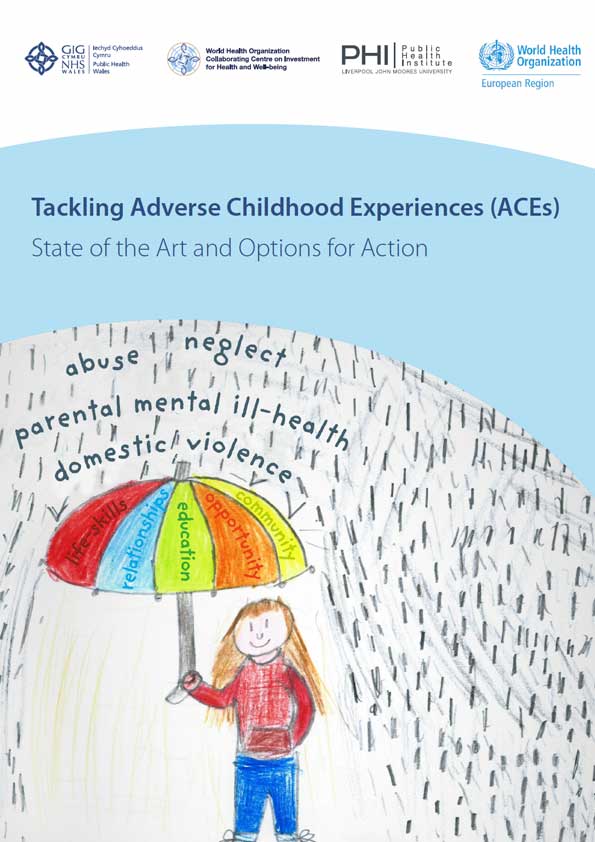Adverse Chidhood Experiences ACEs Annimation
- Year of publication: 2017
- Date added to website: 2025-11-30


Since the term Adverse Childhood Experiences (ACEs) was first coined over two decades ago, there have been an increasing number of studies identifying the long-term impacts that ACEs can have on life course health (1). ACEs include child maltreatment and other stressful experiences, such as exposure to caregiver intimate partner violence (IPV) or substance abuse by parents or caregivers. Although many children remain unaffected by such adversity, experiencing ACEs can have immediate impacts on educational engagement and both physical and mental health (2,3). ACEs can also increase children’s risks of adopting health-harming behaviours such as smoking, harmful alcohol consumption and drug use, and the risk of developing chronic ill health including diabetes, cancer, and cardiovascular and respiratory disease (1). The impact of ACEs on mental health and consequent adoption of health-harming behaviours is one set of mechanisms connecting ACEs to chronic ill health in later life (4). However, biomedical studies suggest that childhood adversity can also directly impact neurological, hormonal and immunological development through mechanisms consistent with increased risks of chronic disease across the life course (5,6). The health, social and economic benefits that populations of nations and regions stand to gain from preventing ACEs and reducing their impacts are immense.